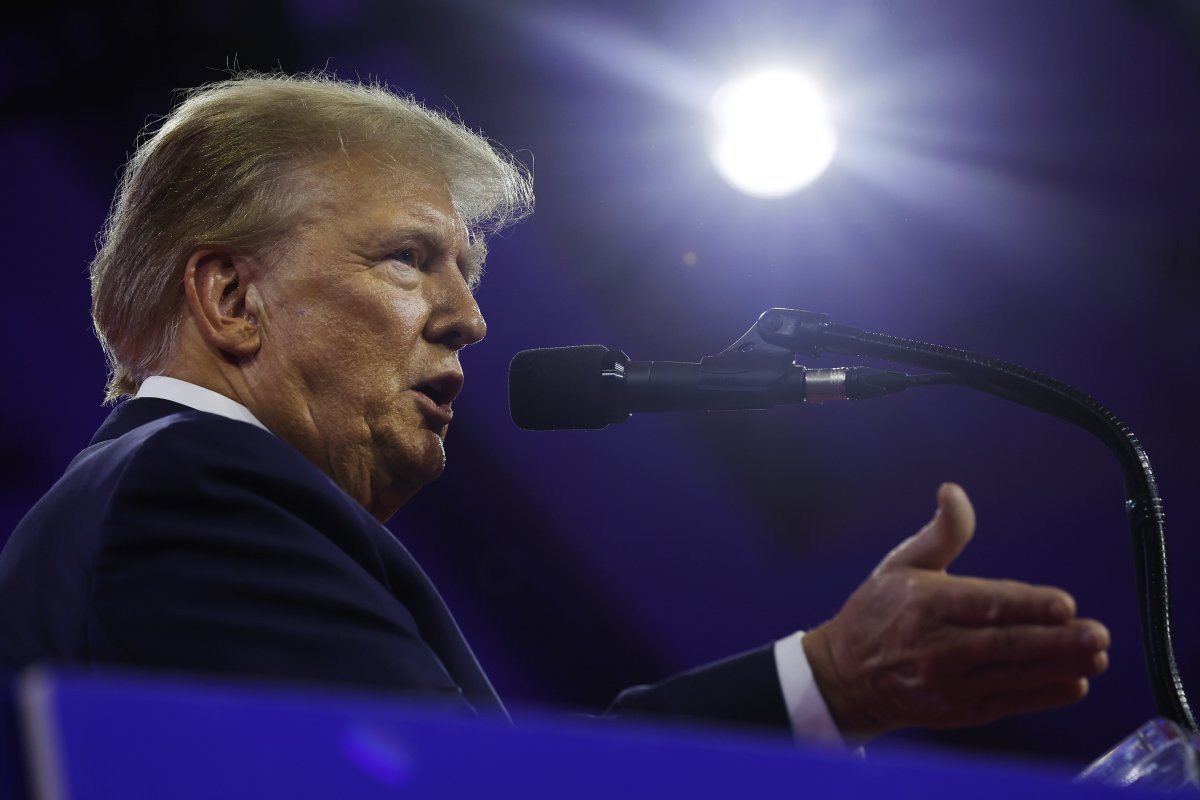Sometimes unanimity comes with an asterisk. Such is the case of the U.S. Supreme Court's decision keeping Donald Trump on the ballot in Colorado and every other state that might seek to invalidate his candidacy.
This was logic and reason extinguishing hysteria and fallacy. And it came when America needed it most. But it wasn't the first time we've seen this play.
When Richard Nixon sought to twist the law to his own political purpose, a unanimous Supreme Court stopped him. When modern Nixonian political operators used similar tactics to deprive roughly half the country of their preferred candidate, Donald Trump, a similar judicial rebuke was in order. And it came—with a subtle footnote.
The three justices appointed by Democratic presidents would perhaps prefer to continue receiving invitations to the finest Washington affairs. So even as the Constitution impelled them to join the inescapable conclusion of the majority, they decided to join the crowd but stand just a few feet to the left. By concurring in the final result but not entirely in its underlying reasoning, the trio gave the ruling a slim shadow of disunion. Such clumsy footwork is predictable even as it disappoints.

At the heart of this issue was the interpretation of the Disqualification Clause of Section 3 of the Fourteenth Amendment. The question is: Who decides the ground rules for use of the Disqualification Clause—the states or Congress?
The shrillest voices aligned against Trump contorted their legal arguments to claim that every state should be able to determine, on its own unstated and shifting terms, what the American founders meant by "insurrection" and giving "aid or comfort" to our enemies as outlined in the clause. They fancied that seething contempt toward a political candidate whom most of their constituents abhor is enough for nearly any blue state functionary to toss Donald Trump from the ballot.
The Supreme Court, both in oral argument and in its opinion, strongly disagreed. The high court forestalled what could have been serious constitutional confusion with the attendant partisan polemics. The opinion, pointing to the unavoidable observation that Colorado's action was little more than election interference dressed in low legal sophistry, worried that it could "nullify the votes of millions and change the election result."
What Colorado and others like Maine and Illinois sought was politics by less noble means. Indeed, the lead attorney advancing the case in the high court made more of a political stump speech than a legal argument and was chastised by Justice Gorsuch for it. If that advocate's position had been upheld, every future presidential election would hold the potential for partisan scheming to dig up the most plausible evidence that an opposing party's candidate was an insurrectionist or had given aid to the enemy through some political rhetoric or executive action. Many red states would hip check Democrat contenders from the ballot and their blue counterparts would do the same.
But the high court said, convincingly, "Nothing in the Constitution requires that we endure such chaos."
The opinion concludes with a sentence that has a familiar ring. When the justices declared "the judgment of the Colorado Supreme Court therefore cannot stand," they evoked the spirit of Abraham Lincoln. A few blocks west of the Supreme Court building, in the Lincoln Memorial, a similar sentiment is etched in granite. During a time of great national tumult, when certain states sought national outcomes different than others and a deep national divide was brewing, Mr. Lincoln warned against the dangers of domestic dissension, declaring, "A house divided against itself, cannot stand." This biblical notion was apt then and now.
In our collective American dictionary, federalism is a synonym for order. This decision brings it.
Trump's opponents should cease their lamentations and lawfare and focus their energies on the venerable arena where final decisions are made—the presidential election.
Mark R. Weaver is a prosecutor and formerly served as a Justice Department spokesman and Deputy Attorney General of Ohio. He is the author of "A Wordsmith's Work." X: @MarkRWeaver
The views expressed in this article are the writer's own.
Uncommon Knowledge
Newsweek is committed to challenging conventional wisdom and finding connections in the search for common ground.
Newsweek is committed to challenging conventional wisdom and finding connections in the search for common ground.
About the writer
To read how Newsweek uses AI as a newsroom tool, Click here.








